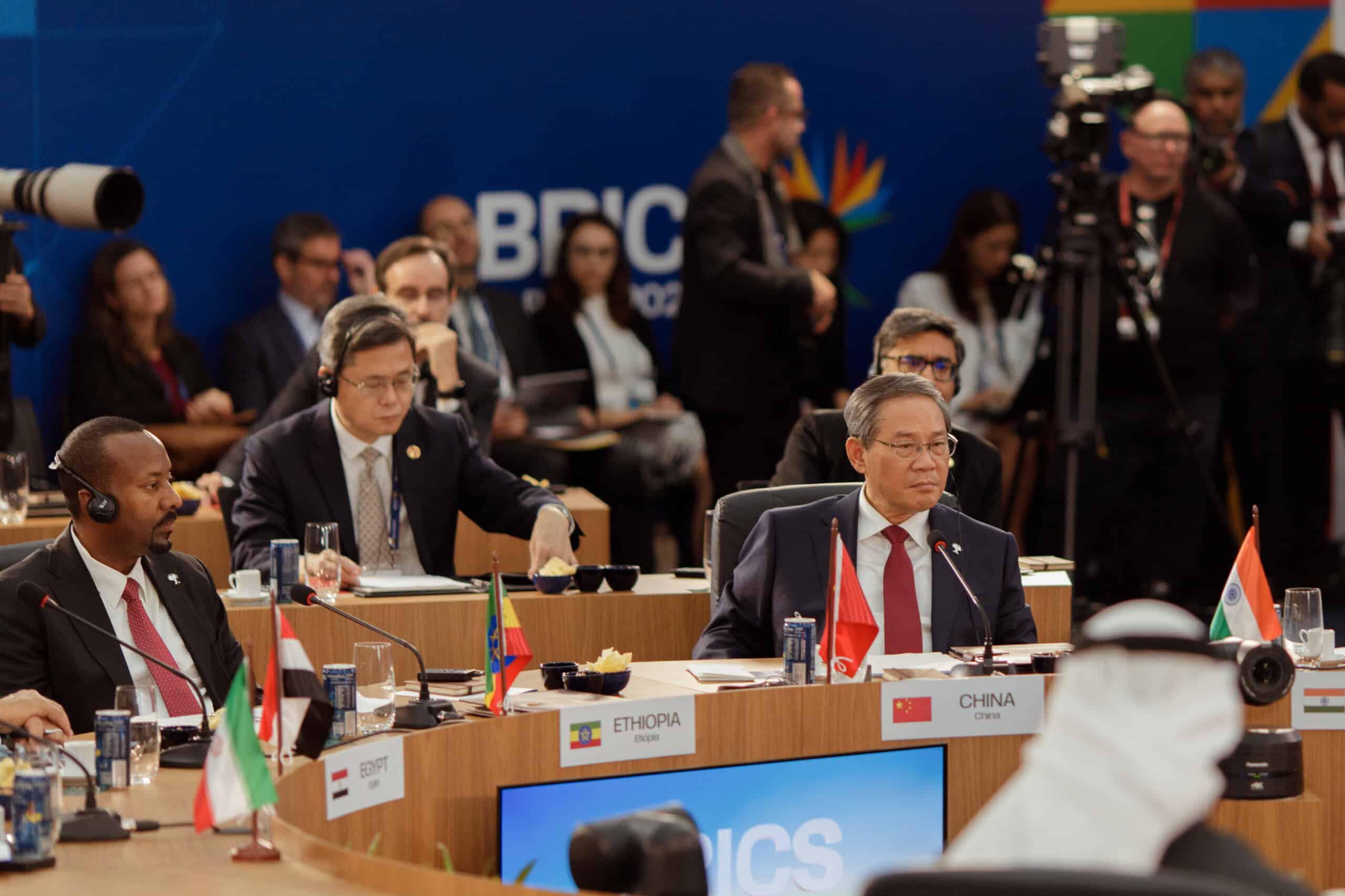Jeff Immelt is one of the U.S.’s most prominent business leaders, having served as the chief executive officer of General Electric from 2001 to 2017. Immelt worked his way up the executive ladder at GE, serving under and then replacing the company's legendary CEO, Jack Welch. Since stepping down as the CEO, he has taught at Stanford Business School. In his memoir, Hot Seat, Immelt writes about his career at GE, during which he visited China regularly, helping oversee the company’s major expa
Navigate China's Business Landscape with Confidence.
- Gain visibility into supplier risks
- Easily manage trade compliance
- Conduct in-depth due diligence



